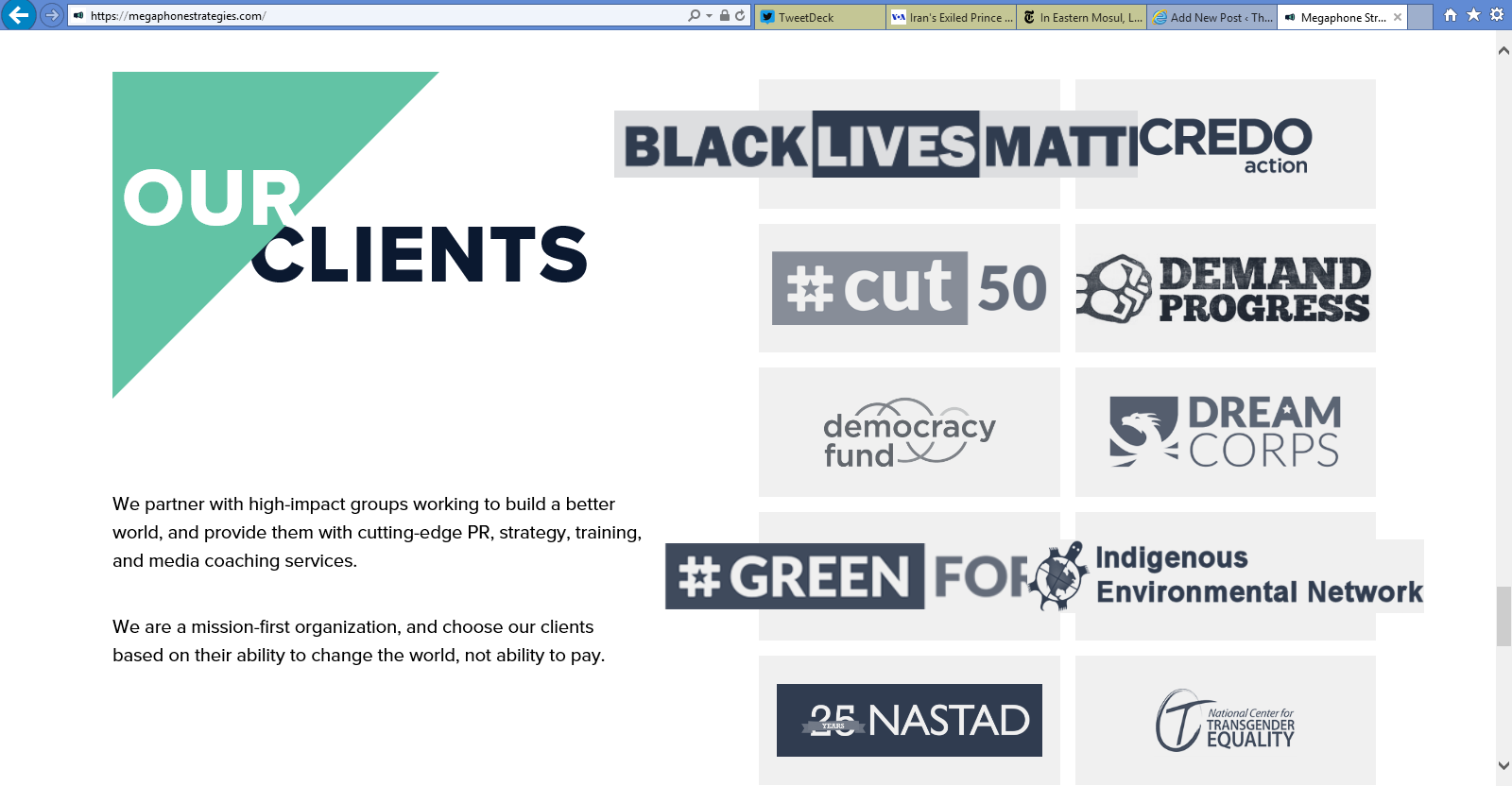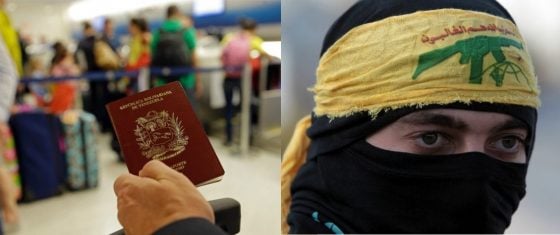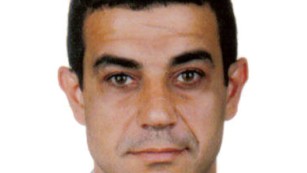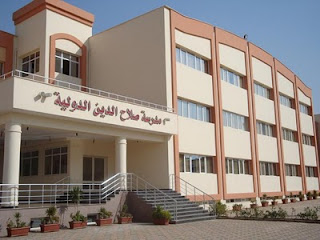Trump and his team were and still are ill-prepared for the opposition hostilities aimed at his people and administration. One must question whether Trump’s operation was ready to take on the legal warfare for his temporary travel suspension. One must question whether Trump is ready for the Russian aggressions. And what about the fights for tax reform and the full repeal of Obamacare?
Okay, but there can be only one president at a time and sadly it seems that Obama has a quasi-shadow presidency in full operation and gaining traction to destroy the Trump presidency where Obama can run policy from points all across the country. How so you ask?
 Vanity Fair
Vanity Fair
Well we have former CIA Director John Brennan who re-tooled the agency during his last two years as director. Re-tooled it how? Perhaps to carry on policy favoring the Obama doctrine and Iran leaving a few well placed loyal operatives to do the work. But most of all, restructured his spies for the world of cyber. Humm, right?
Then we have Ben Rhodes, the former deputy of the Obama National Security Council. He is working the media channels with wild abandon giving talking points and missions for media to ensure sand stays in the gears of the Trump administration. After all, Rhodes worked those very same channels and the lobby operations during the Iranian nuclear agreement talks. Remember, Ben Rhodes’ brother, David is the president of CBS News.
Then we have Van Jones, the shamed former Obama ‘green czar’ that contributes to CNN. He launched a non-profit called Megaphone Strategies. What is that? It is an operation that promotes demonstrations and rallies all in the name of ‘social justice’. Humm right?

Okay, so back to Obama….
***
Obama’s Shadow Presidency
Well-funded Organizing for Action promises to crack conservative skulls to halt the Trump agenda.
Vadum: Former President Obama is waging war against the Trump administration through his generously funded agitation outfit, Organizing for Action, to defend his monumentally destructive record of failure and violent polarization.
It is a chilling reminder that the increasingly aggressive, in-your-face Left in this country is on the march.
Acclaimed author Paul Sperry writes in the New York Post:
Obama has an army of agitators — numbering more than 30,000 — who will fight his Republican successor at every turn of his historic presidency. And Obama will command them from a bunker less than two miles from the White House.
In what’s shaping up to be a highly unusual post-presidency, Obama isn’t just staying behind in Washington. He’s working behind the scenes to set up what will effectively be a shadow government to not only protect his threatened legacy, but to sabotage the incoming administration and its popular “America First” agenda.
What is Organizing for Action? It is a less violent version of Mussolini’s black shirts and Hitler’s brown shirts, or of the government-supported goon squads that Venezuela’s Hugo Chavez and Cuba’s Castro brothers used to harass and intimidate their domestic opponents.
OfA isn’t, strictly speaking, a new group. After the 2008 election, the group, then known as Organizing for America, was a phony grassroots campaign run by the Democratic National Committee that sought to replicate the community organizing techniques Obama learned from the teachings of his fellow Chicagoan, Saul Alinsky. OfA was created in large part because the White House could not legally use the 13 million e-mail addresses that the Obama campaign compiled in 2008.
Former U.S. Rep. Bob Edgar (D-Penn.), sounded the alarm about OfA in 2013, suggesting the group was dangerous to democracy. “If President Obama is serious about his often-expressed desire to rein in big money in politics, he should shut down Organizing for Action and disavow any plan to schedule regular meetings with its major donors,” he said as president of the left-wing group Common Cause. “Access to the President should never be for sale.”
“With its reported promise of quarterly presidential meetings for donors and ‘bundlers’ who raise $500,000, Organizing For Action apparently intends to extend and deepen the pay-to-play Washington culture that Barack Obama came to prominence pledging to end,” Edgar said. “The White House’s suggestion this week that this group will somehow be independent is laughable.”
But Edgar’s admonitions were ignored and since then Organizing for Action has thrived and grown rich, just like the Obamas.
As FrontPage previously reported, Obama has rented a $5.3 million, 8,200-square-foot, walled mansion in Washington’s Embassy Row that he is using to command his community organizing cadres. Michelle Obama will join the former president there as will the Obama Foundation. To stay on track, Obama wants his former labor secretary, Tom Perez, to win the chairmanship of the DNC in a party election later this month. “It’s time to organize and fight, said Perez who appears to be gaining on frontrunner and jihadist Rep. Keith Ellison (D-Minn.). “We must stand up to protect President Obama’s accomplishments,” adding, “We’re going to build the strongest grassroots organizing force this country has ever seen.”
No ex-president has ever done this before, sticking around the nation’s capital to vex and undermine his successor. Of course, Obama is unlike any president the United States has ever had. Even failed, self-righteous presidents like Jimmy Carter, who has occasionally taken shots at his successors, didn’t stay behind in Washington to obstruct and disrupt the new administration.
Organizing for Action, a 501(c)(4) nonprofit that doesn’t have to disclose its donors, is at the head of Obama’s network of left-wing nonprofit groups. OfA, Sperry warns, has “a growing war chest and more than 250 offices across the country.”
On its website, the group claims that there are “5 million Americans who’ve taken action” with OfA, and that those individuals “are part of a long line of people who stand up and take on the big fights for social justice, basic fairness, equal rights, and expanding opportunity.” Among its key issues are “turning up the heat on climate change deniers,” comprehensive immigration reform (which includes mass amnesty), “telling the stories of the millions who are seeing the life-saving benefits of Obamacare,” fighting for “a woman’s health care” which is “a basic right,” and redistributing wealth from those who earned it to those who didn’t.
OfA communications director Jesse Lehrich told Memphis-based WREG that the “grassroots energy that’s out there right now is palpable.” The group is “constantly hearing from volunteers who are excited to report about events they’re organizing around and all of the new people that want to get involved.”
Organizing for Action is drowning in money, by nonprofit standards.
By the end of 2014, OfA, which was formally incorporated only the year before, had taken in $40.4 million, $26 million of which was raised in 2014, according to the organization’s IRS filings. OfA’s big donors are members of the George Soros-founded Democracy Alliance, a donors’ consortium for left-wing billionaires devoted to radical political change. Among the DA members donating to OfA are: Ryan Smith ($476,260); Marcy Carsey ($250,000); Jon Stryker ($200,000); Paul Boskind ($105,000); Paul Egerman ($100,000); and Nick Hanauer ($50,000).
OfA also runs a project called the Community Organizing Institute (COI) which it says partners “with progressive groups and organizations to educate, engage, and collaborate.”
Organizing for Action describes COI in almost lyrical terms:
Building upon the rich history of community organizing in Chicago, the COI is a place to share stories, best practices, and innovations in order to build our community and empower individuals in the fight for change. It is a shared space for organizers, policy makers, advocates, and change-agents to come together for workshops, panel discussions, presentations, trainings, film screenings, and social gatherings—building a strong foundation for partnerships.
Translation: at COI you can learn how to spark riots, get arrested to make a political statement, organize lynch mobs and voter fraud on a massive scale, intimidate and shake down corporations, blackmail lenders, race-bait public officials and businesses into submission, smear and terrorize your opponents, shield illegal aliens from law enforcement, lead squatters to invade foreclosed homes, encourage welfare fraud, and use tax dollars to promote cockamamie social-engineering schemes.
Obama is “intimately involved” in OfA’s operations and issues tweets from the group’s account, Sperry writes. “In fact, he gave marching orders to OFA foot soldiers following Trump’s upset victory.”
“It is fine for everybody to feel stressed, sad, discouraged,” Obama said in a post-election conference call from the White House. “But get over it.” Progressives have to “move forward to protect what we’ve accomplished.”
“Now is the time for some organizing,” he said. “So don’t mope.”
Organizing for Action has been doing anything but moping.
In recent weeks its activists organized marches across the country. Some became riots. After President Trump issued Executive Order 13769 temporarily banning visitors from seven terrorism-plagued Muslim countries, OfA organized “spontaneous” demonstrations at airports.
Obama praised the airport rabble-rousers, saying through a spokesman he was “heartened by the level of engagement taking place in communities around the country.”
“Citizens exercising their Constitutional right to assemble, organize and have their voices heard by the elected officials is exactly what we expect to see when American values are at stake.”
Reinforcements are coming to beef up Organizing for Action’s position, Sperry adds.
OfA will be soon aided by “the National Democratic Redistricting Committee, launched last month by Obama pal Eric Holder to end what he and Obama call GOP ‘gerrymandering’ of congressional districts.”
And more unruly protests, rioting, and violent attacks on Trump supporters will follow.



 Now the private and free enterprise system and corporations should have success. But are these companies standing on their own or just part of another circle jerk for political favors? Hah….rhetorical question until you see who is participating. How about Google….the most profitable and successful tech company out there. Well yes but… Besides Intel, Google is the top tech company
Now the private and free enterprise system and corporations should have success. But are these companies standing on their own or just part of another circle jerk for political favors? Hah….rhetorical question until you see who is participating. How about Google….the most profitable and successful tech company out there. Well yes but… Besides Intel, Google is the top tech company 


 NBC, Gulen’s home in Saylorsburg, PA.
NBC, Gulen’s home in Saylorsburg, PA.